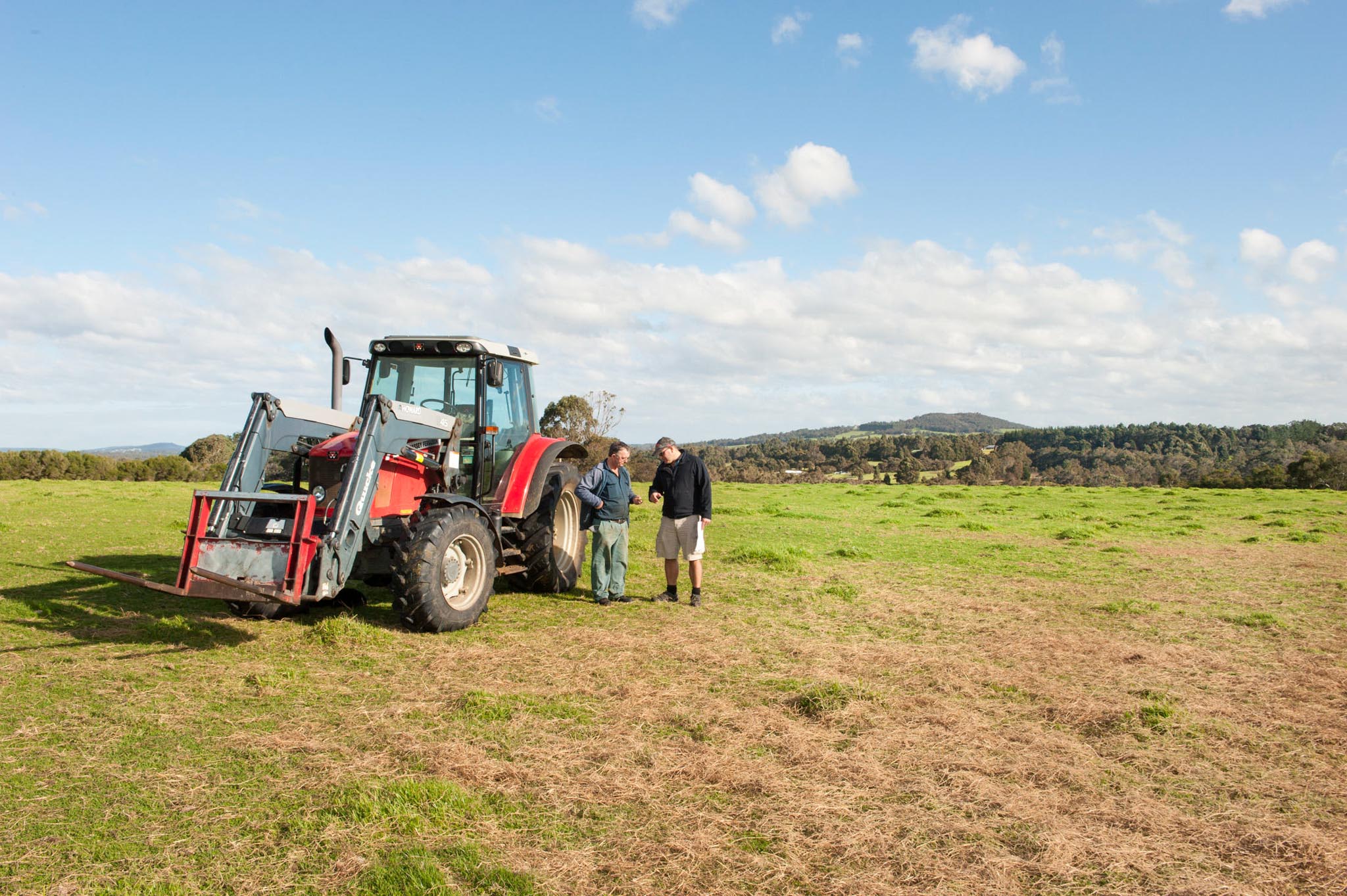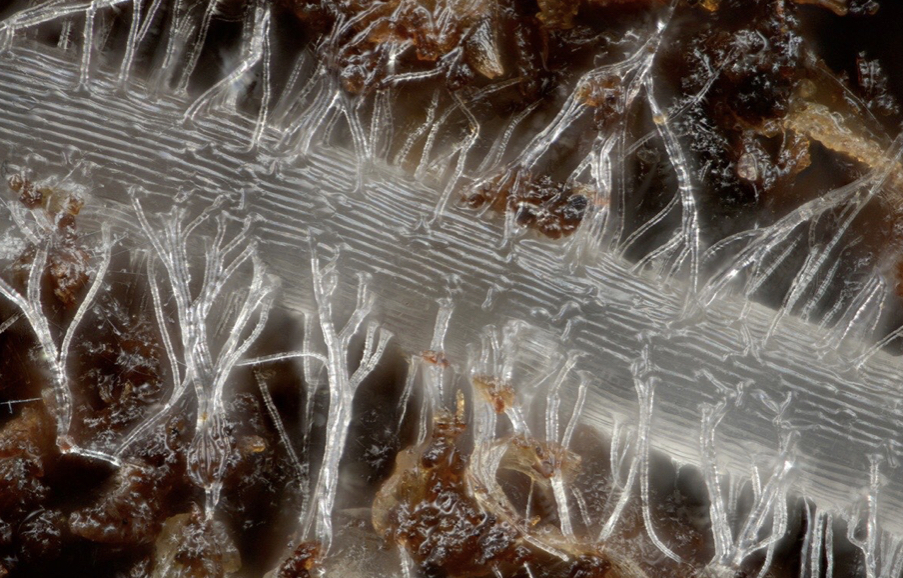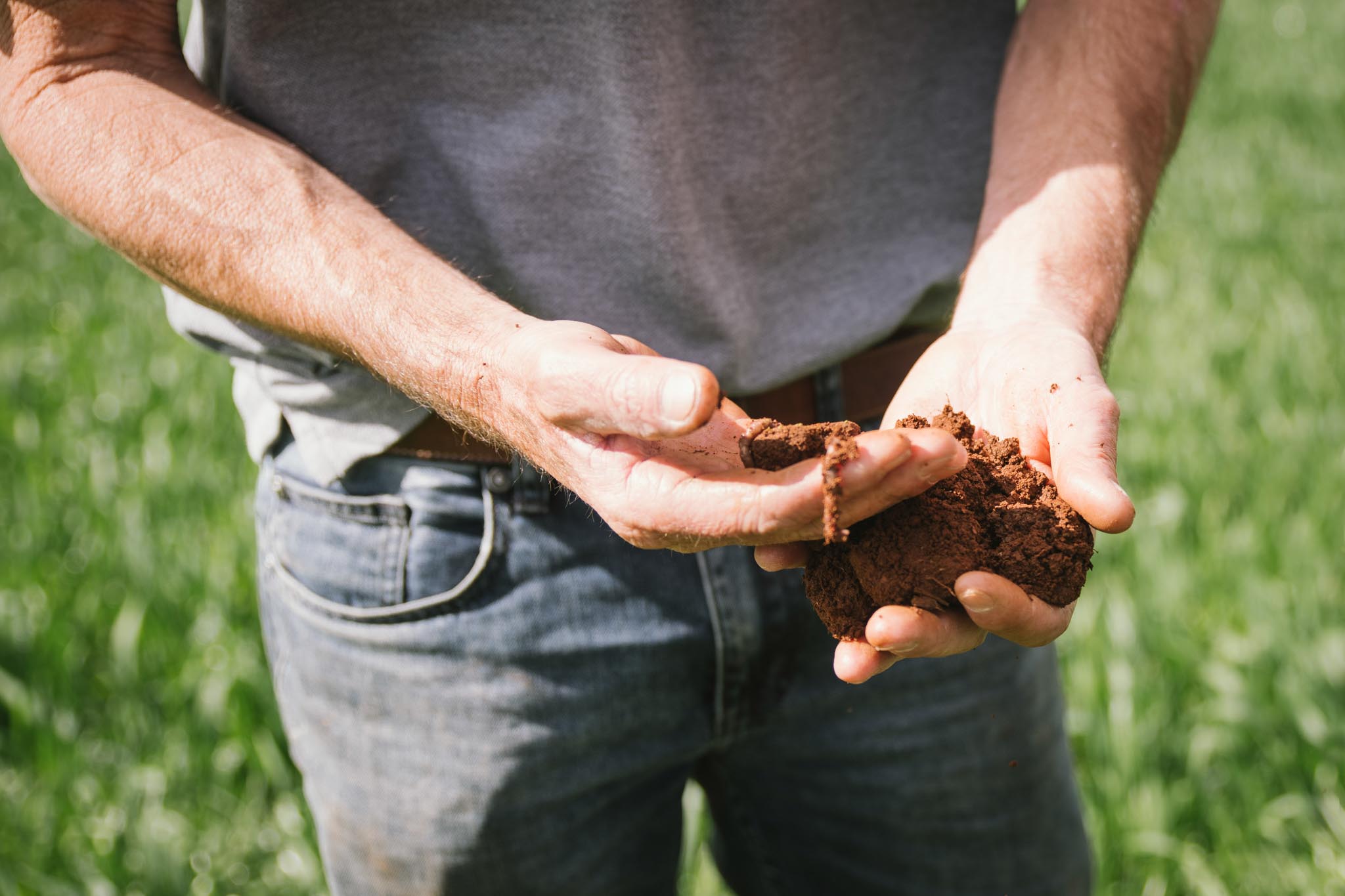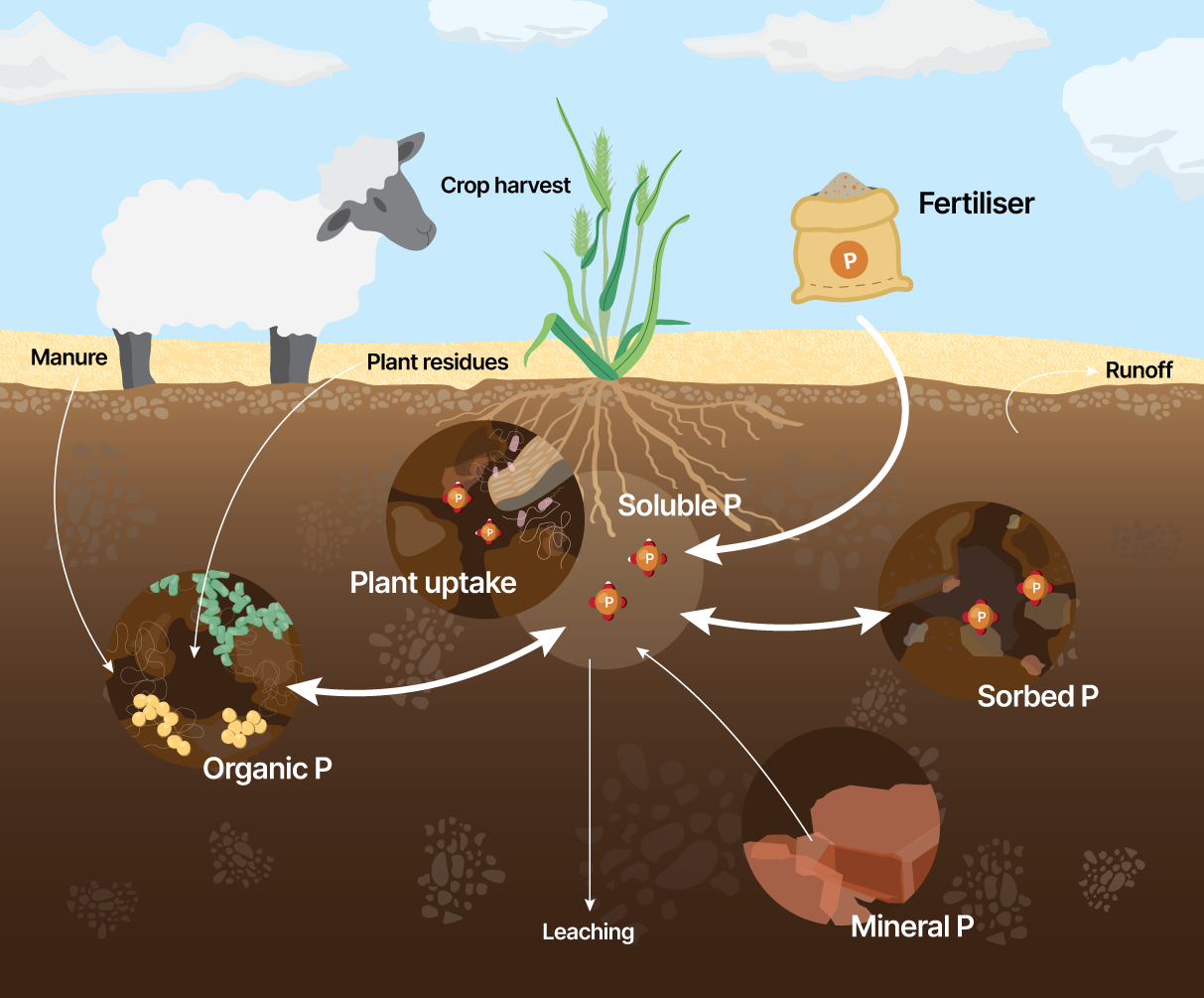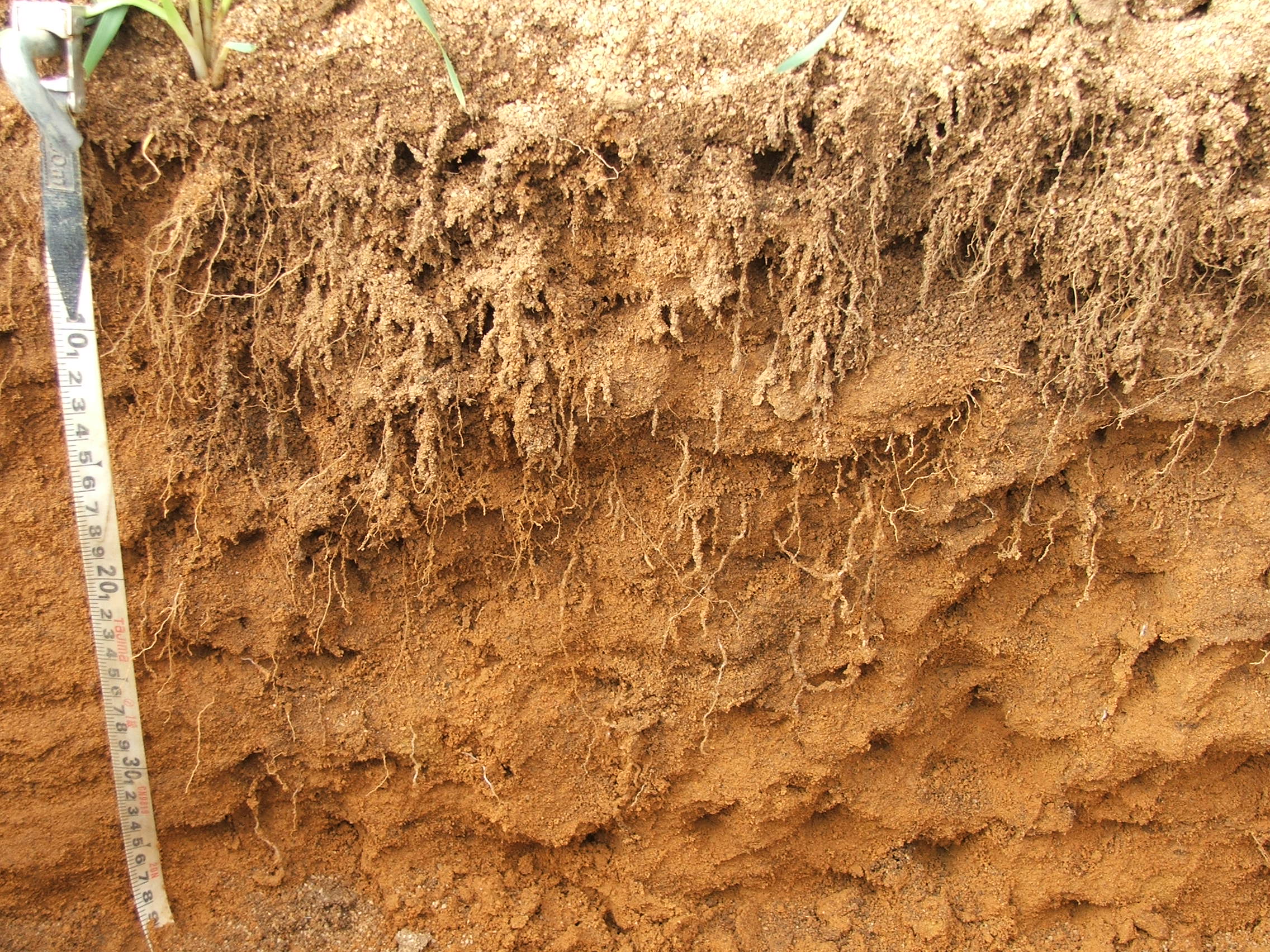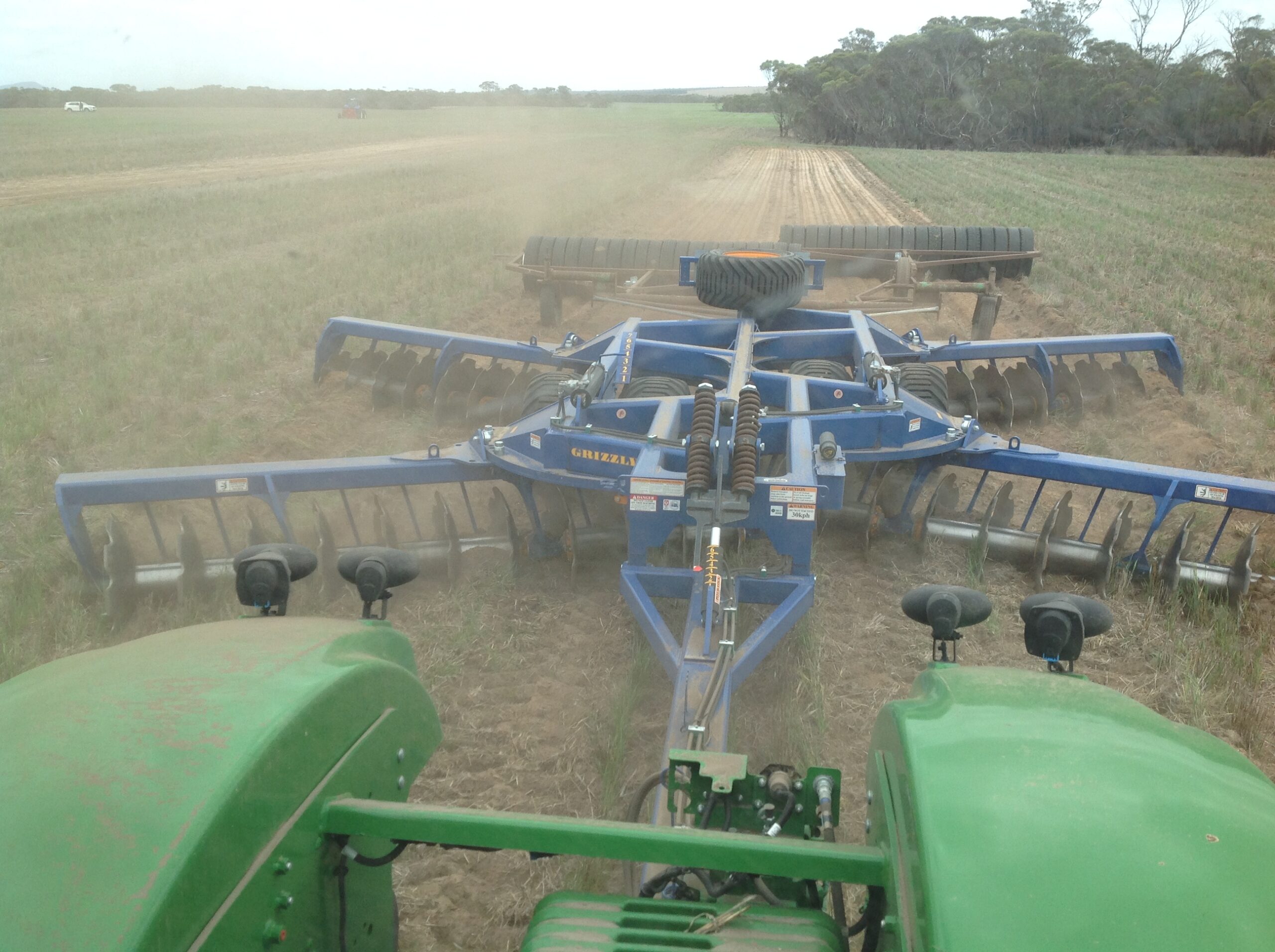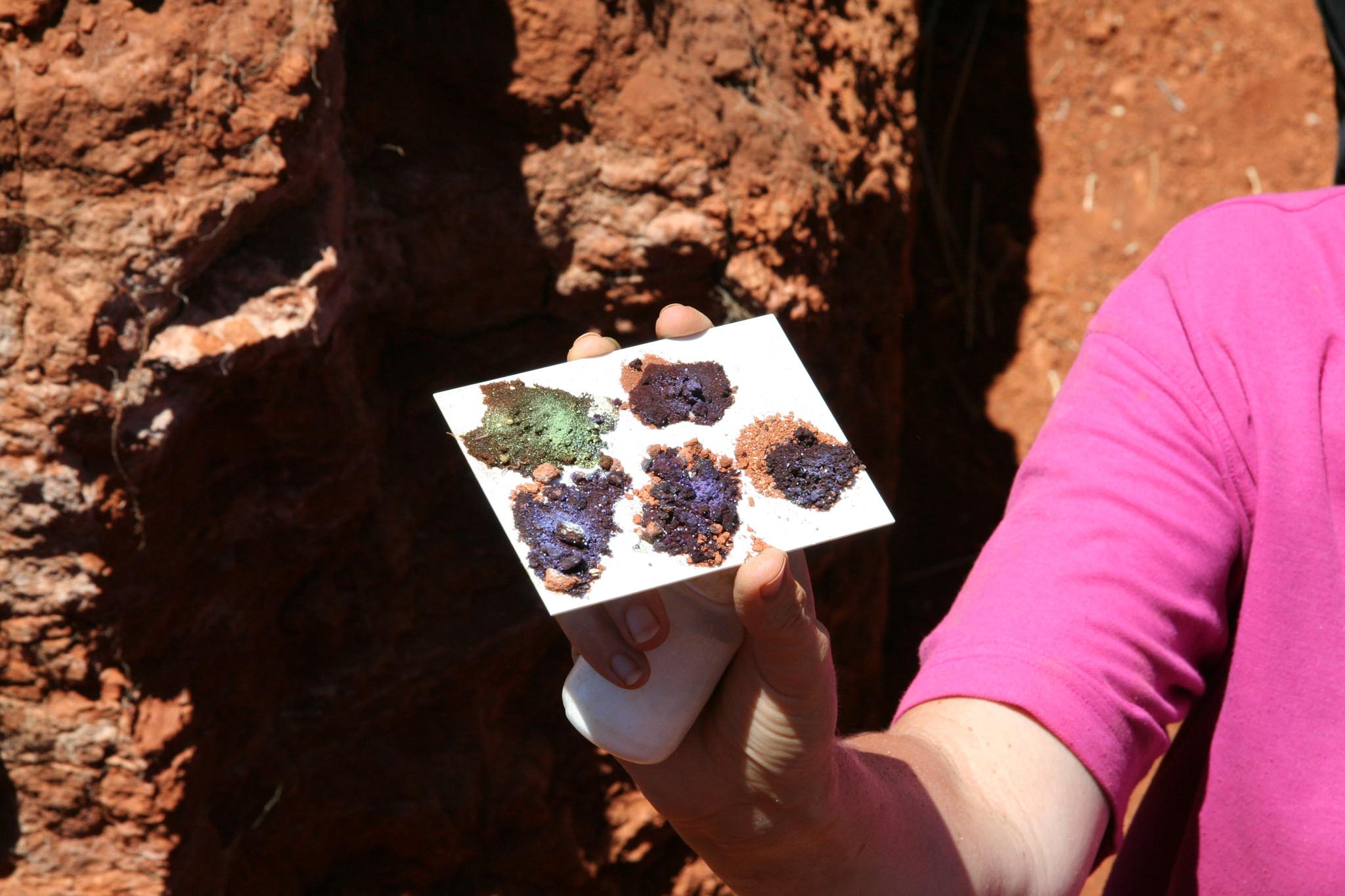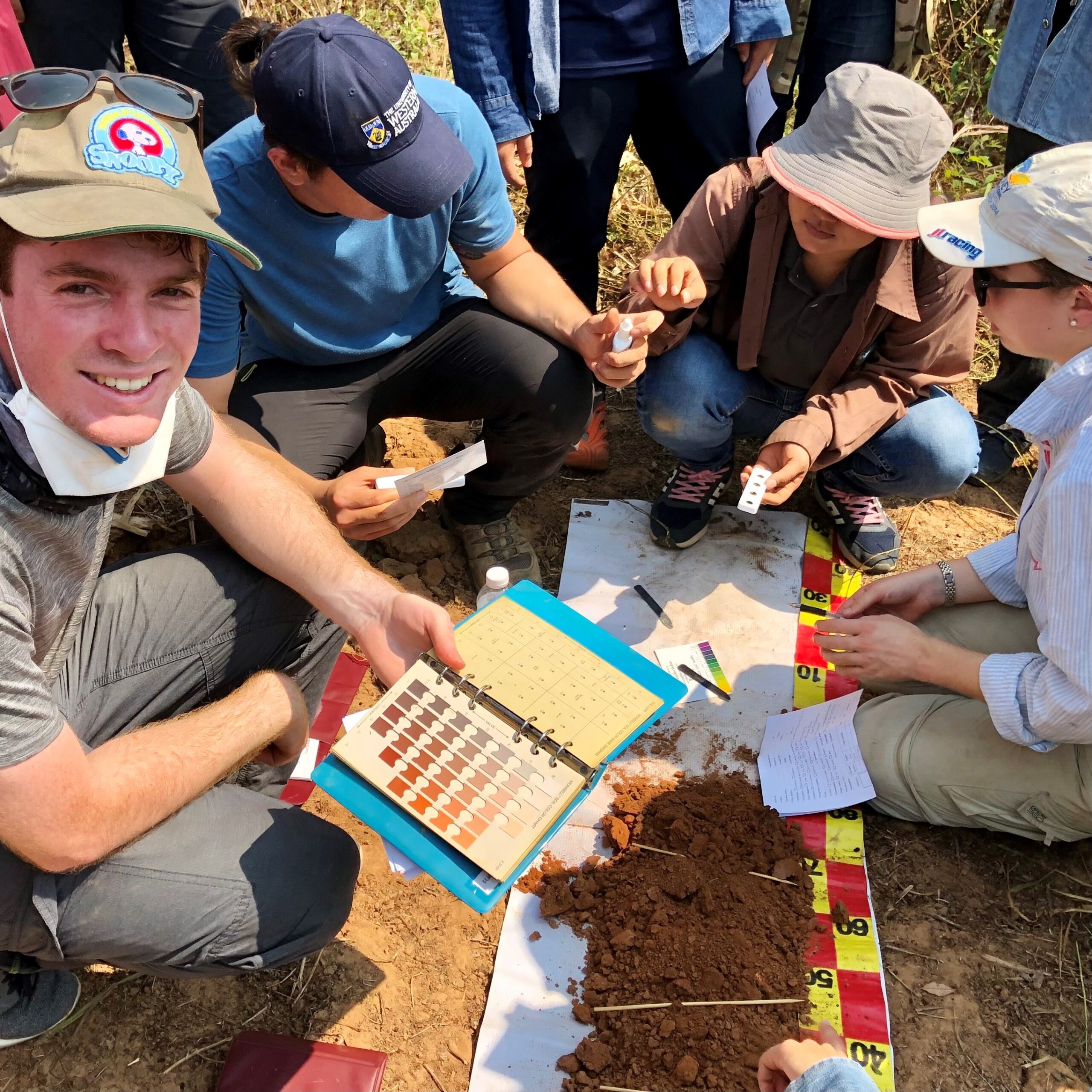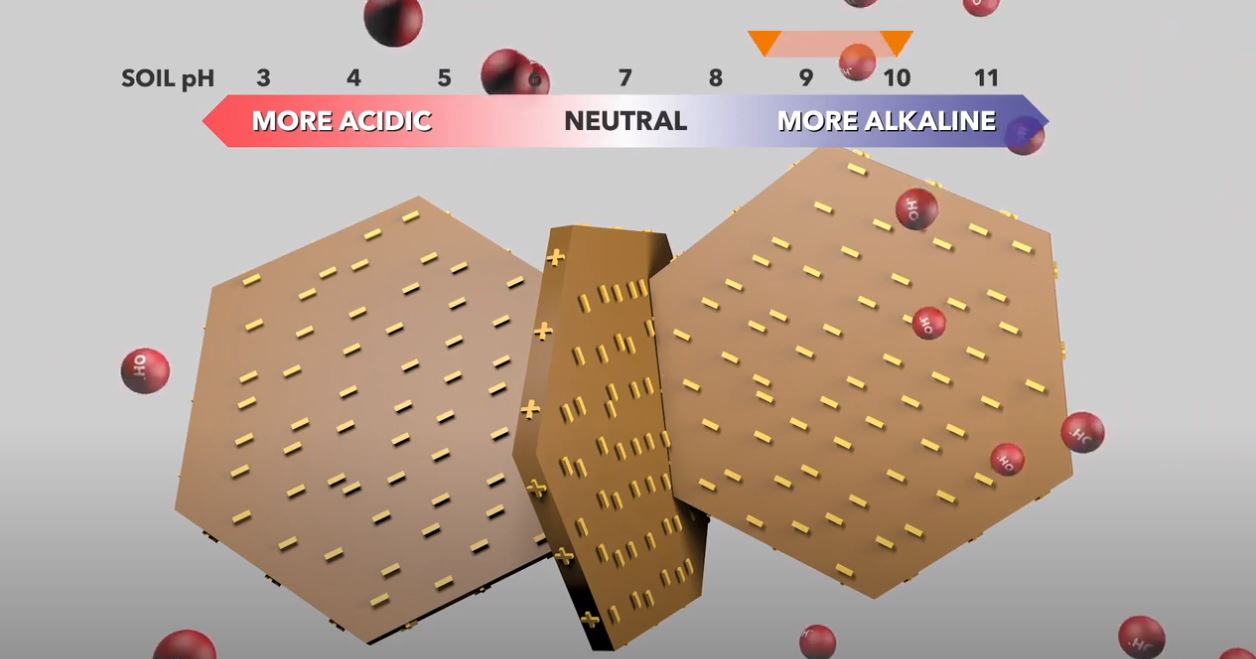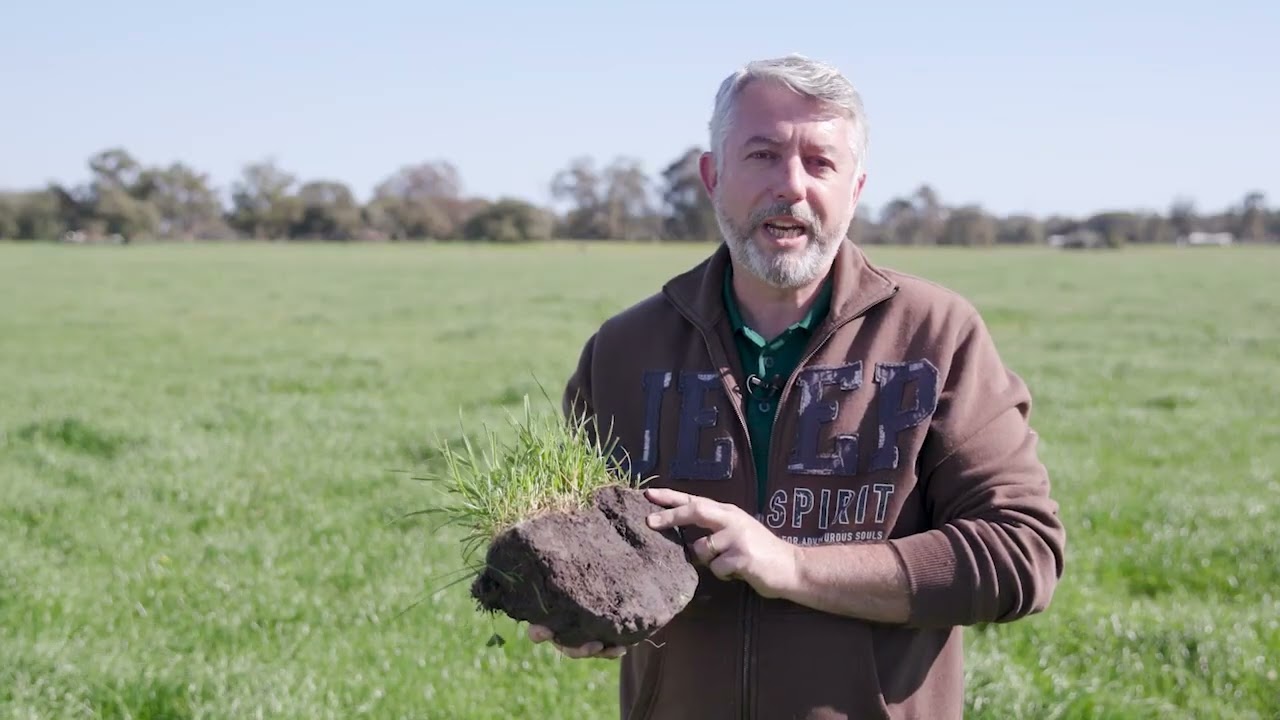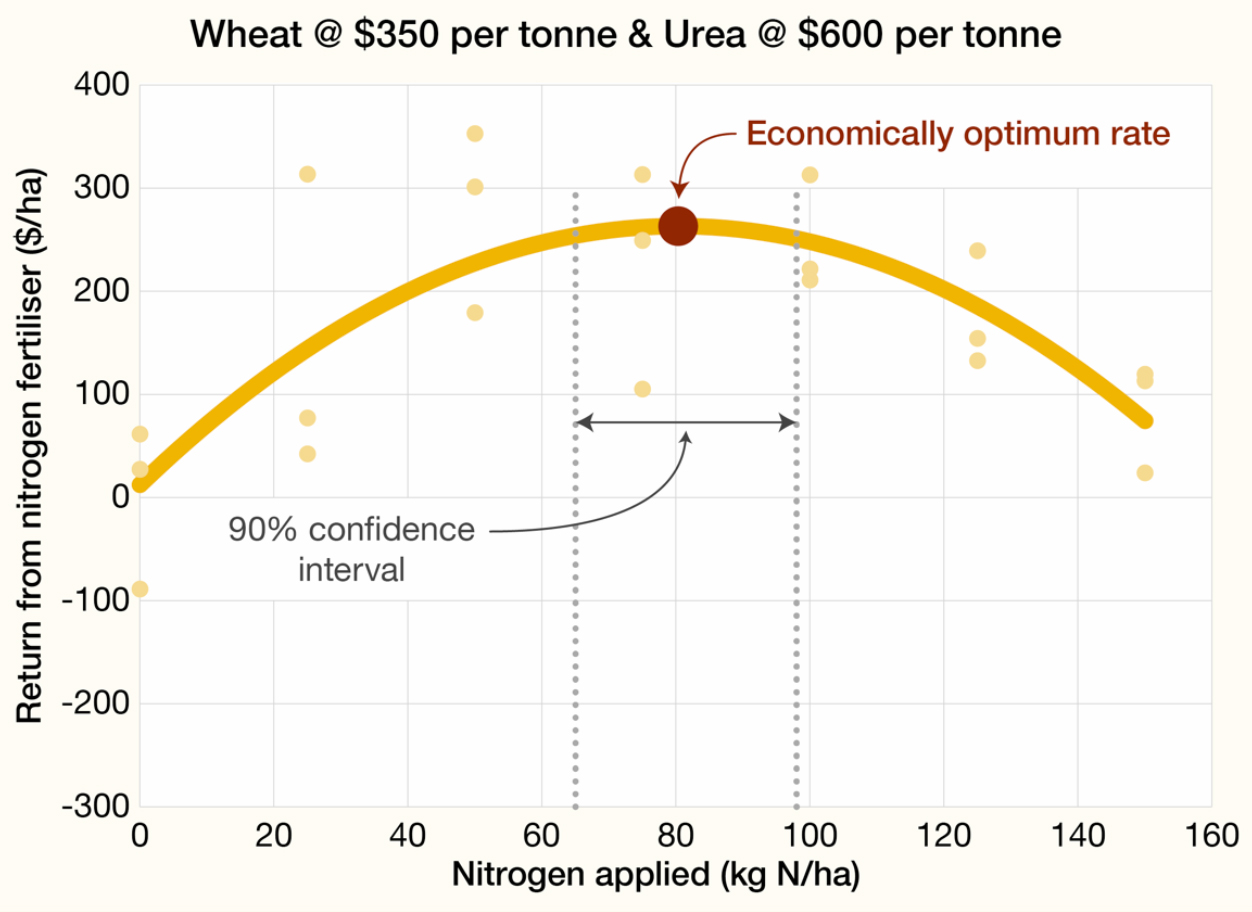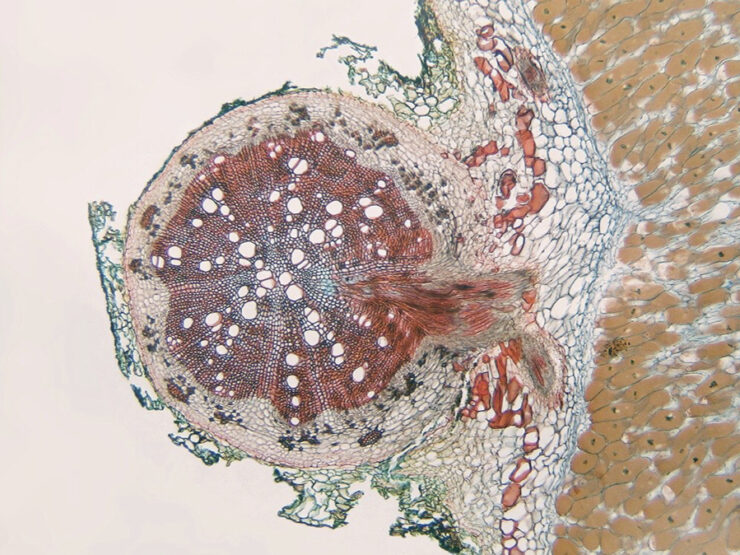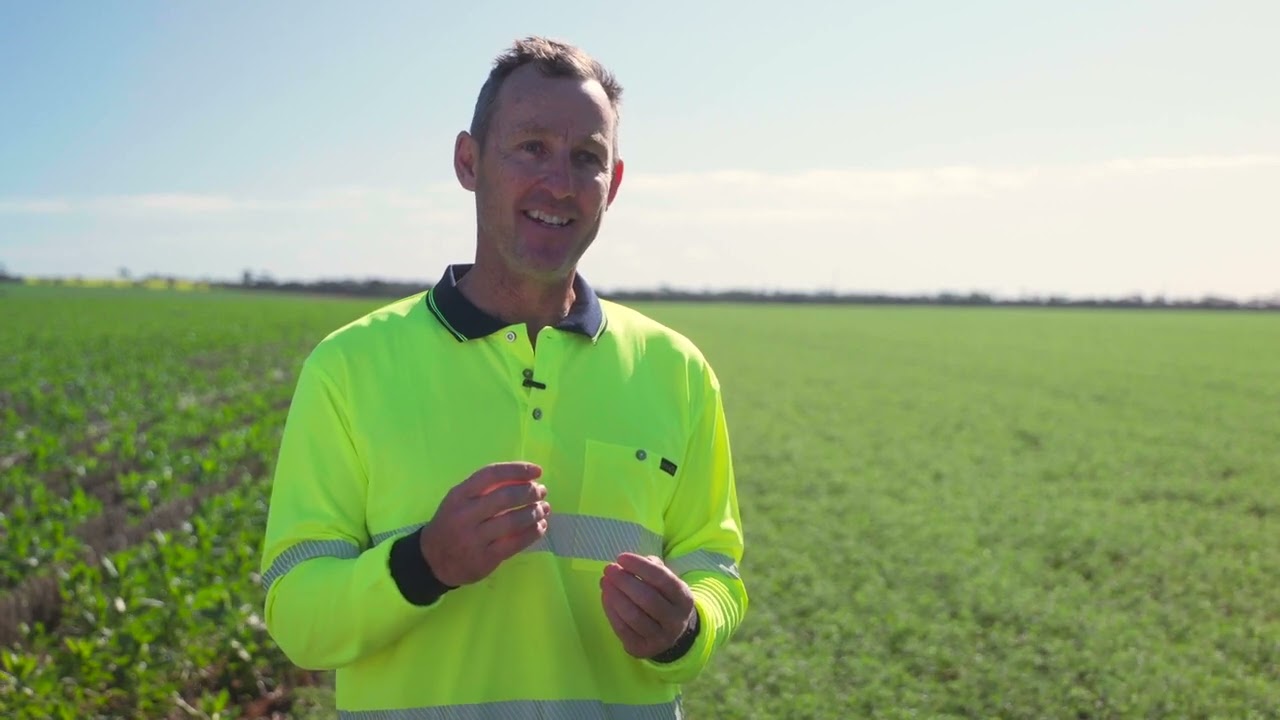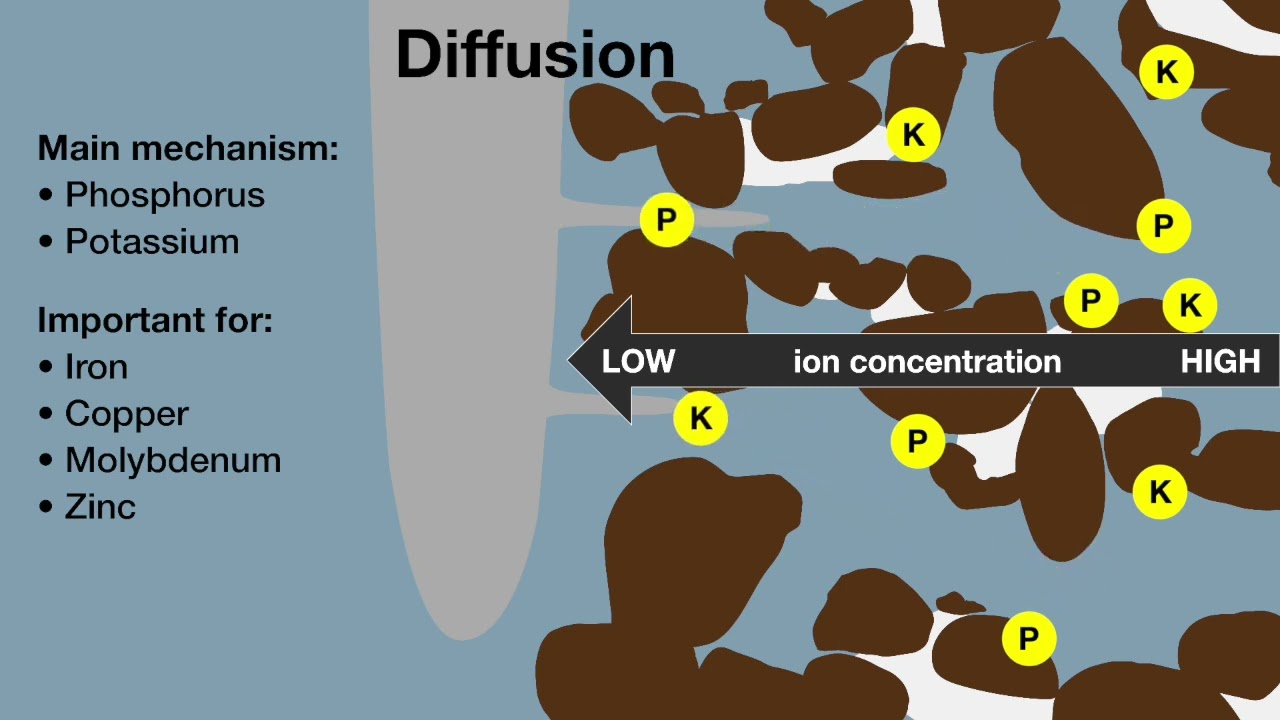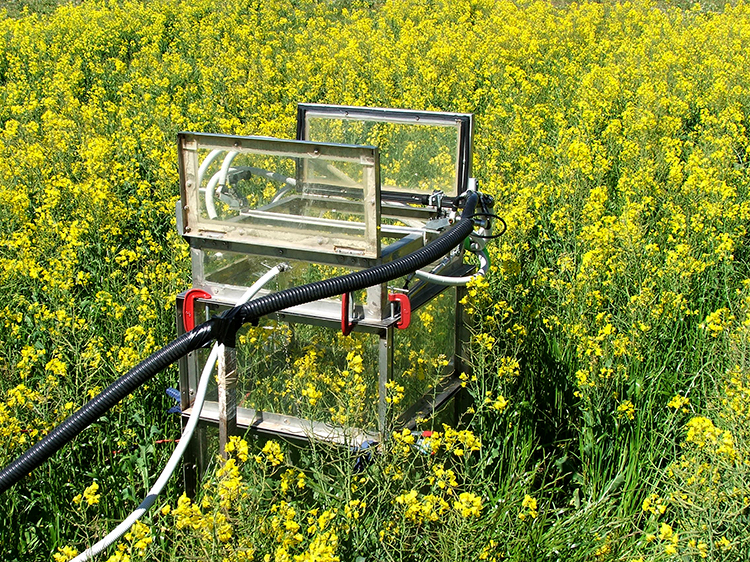Free access to high quality soil information for best practice management
PROPERTIES, PROCESSES, MANAGEMENT, TESTING
The Soil Quality Knowledge Base has been developed for farmers, agricultural industry professionals, policymakers, students and the community to provide free access to high quality, evidence-based information on current soil knowledge and soil management.
Explore information and insights on soil properties, processes and testing across a range of industries and regions – with a focus on Western Australian and Australian agriculture.
Evidence-based and peer-reviewed information
This website has been compiled utilising information from published scientific research, alongside the technical and specialist knowledge of decades of collective experience in understanding and managing soil – with contributions and review from governments, academia, industry, and farmers.
From paddock to the lab, all in one place
Information on soil properties, management, and testing is consolidated and presented to help readers understand soil and soil management more holistically.
Western Australian focus, global context
Much of the information relates to principles and processes of soil that are applicable globally, but specific guidance on management and farm perspectives is localised to Western Australia and Australian agriculture.
Supporting conservation of the soil resource
Insights can support natural resource and agricultural management, policy development, education, scientific research, and individual learning to better protect and manage soil.
Compiling knowledge for best practice
This website presents information that has in part been sourced from a number of publications, information delivery organisations and individuals, and existing evidence-based websites. The intent is to consolidate the huge amount of technical and practical knowledge for the effective delivery of soil information to end users, whilst providing direct links to regional or industry specific information.
Soil management
Soil management focuses on practical advice and guidelines to improve soil management. This information discusses how soil management integrates into different farming systems and considers different options that may be available to improve soil quality.
Resources are interlinked throughout Soil management pages, or can be explored in Resources.
Soil analysis & testing
Soil analysis & testing provides information on how soil attributes and properties are measured and tested, as well as guidance on how to analyse and interpret soil test results.
The Resources section contains many additional items relating to soil testing and analysis.
Resources
The Resources section lets user explore and access a curated selection of additional resources for soil information and management. Resources can be searched and filtered. More Resources will continue to be added in the future as they are made available and verified.
Resource formats include: Case study, fact sheet, video, ebook, book, report or other publication, journal article, tool or calculator, and external links.

Soils are fundamental to all life on Earth
We know more about soil than ever before, yet perhaps a smaller percentage of people than at any point in human history would understand the truth to this statement. The proportion of human labour devoted to working the soil has steadily decreased through the past century, and hence the experience of direct contact with the soil has lessened in most regions. Soil is very different in this regard from food, energy, water and air, to which each of us requires constant and secure access. Yet human society as a whole depends more than ever before on products from the soil as well as on the more intangible services it provides for maintenance of the biosphere.

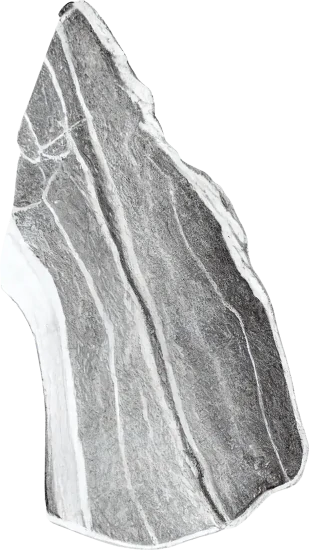
Where did the information come from?
The Soil Quality Knowledge Base was created in 2024 by SoilsWest.
The website is a revitalised version of the Soil Health Knowledge Bank, an Australian government initiative created in 2007.
The updated Knowledge Base contains recent and revised information and resources sourced from decades of evidence-based soil research from peer-reviewed journal articles, reports, guides, technical manuals, books, and other formats including the Soil Quality ebook series published by SoilsWest. A significant amount of the information has been compiled from federal and state government publications.
The original Soil Health Knowledge Bank was created as part of the Land & Water Australia Healthy Soils for Sustainable Farms Program, an Australian Government initiative funded by the Department of Agriculture, Fisheries and Forestry. The Grains Research and Development Corporation (GRDC) was a major co-funder and the program was managed by Land & Water Australia.
Many of the revitalised sections of this website have used resources adapted from the Soil Quality ebook series. This series is published by SoilsWest through co-investment with the GRDC, and support from the Department of Primary Industries and Regional Development, Murdoch University, and The University of Western Australia. This series received in-kind support from contributors including scientists, advisors, industry and farmers, and is authored by experts in different areas of soil from various research and agricultural organisations. Resources are peer-reviewed by expert soil scientists.

Creating an ongoing legacy of soil information and knowledge
The Soil Quality Knowledge Base’s content was collated and compiled by Ryan Borrett, Jenni Clausen, and Frances Hoyle (SoilsWest) using the original Knowledge Bank information, the Soil Quality ebook series, and other evidence-based scientific sources.
Some topics are still under scientific investigation, and every effort has been made to present credible information that is evidence based. Where not supported by scientific evidence, the authors have tried to present an unbiased view of the potential benefits and limitations of relatively new or untested approaches.
SoilsWest would like to acknowledge in-kind support and resources supporting the Soil Quality Knowledge Base website from:
- Murdoch University
- Department of Primary Industries and Regional Development
- South-West WA Drought Resilience Adoption and Innovation Hub Regional Soil Coordinator project ‘Grant to assist the South West Western Australia Drought Resilience and Innovation Hub to carry out activities in line with the Smart Farms Soil extension round and support the National Soil Science body to deliver to Community of Practice’ funded by the Australian Government National Landcare Program: Building Landcare Community and Capacity: Soil Extension Activities 2022-2024

SoilsWest would like to acknowledge the contributions of all Soil Quality ebook authors and thank them for their permission to adapt information to this website:
Daniel Murphy, Matthias Leopold, Dennis van Gool, Frances Hoyle, Elizabeth Stockdale, Chris Gazey, Wayne Pluske, Guy Boggs, Gaus Azam, Jenni Clausen, Zed Rengel, Deirdre Gleeson, Sarah Collins, Daniel Huberli, Wayne Parker, Bindi Isbister, Stephen Davies, James Fisher, Margaret Roper, Ed Barrett-Lennard, David Hall, Rushna Munir, Francesca Brailsford, Craig Scanlan, David Weaver, Karen Holmes, Richard Bell, Ryan Borrett, and Miaomiao Cheng.
The Soil Quality ebook series also acknowledges additional contributions from David Stephens, David Bowran, Paul Blackwell, Tim Overheu, Joel Andrew, Brookton Historical Society, Brookton farming community – Jan Eva, Coral and Ken Hall, Colin Mills, Angela Gazey, Craig Topham, Bob Nixon, Quenten Knight, Mark Pearse, Tony White, Brad Wood, Peter Horwood, Geoff Fosbury, Daniel Leobe, Ross Gazey, Wheatbelt NRM, Liam Ryan, Shane Sanders, Tim Boyes, Adriaan De Waal, David Sermon, Yoshi Sawada, Andrew Wherrett, Abul Hashem, Catherine Borger, Roger Jones, Lynn MacDonald, Bill Bowden, Peter Clifton, Blyth Calnan, Stuart McAlpine, Steve Carr, Michael Ford, Daniel Kidd, Caroline Peek, Andrew Rate, Tony and Ben Sachse, Aiden Sinnot, Lyn Abbott, Louise Barton, Theodore Evans, Rohan Ford, Andrea Hills, Falko Mathes, Alan McKay, Anna Lisa Newman, Michael Rose, Terry Rose, Graham Stirling, Trent Butcher, David Cameron, Jeremy Lemon, Benita Moir, Hilary Wittwer, Diogenes Antille, Jeff Tullberg, Andrew and Jocie Bate, Jermey Brooks, Ben Cripps, Kyle Carson, Jemery Brooks, Karl Suckling, Tom Powell, Imma Farre, Stuart and Ray Faulkner, Paul Galloway, Garry Haddon, Conrad Broadway-Gupanis, Elizabeth Peterson, Richard Quinlan, Lawson Grains, Munglinup, Erin Cahill, David and Sally Cox, Andrew Kenny, Damien and Vanessa Leeson, Lyndon Mickel, Danny Sanderson, Tony and Judy Snell, John & Kristen Warr, Brett and Kirrilee Warr, Geoff Anderson, Phil Barratt-Lennard, Johnno Clifton, John Evan, David Ferris, Ty and Ray Fulwood, Richard Harper, David Henry, Ramona Kerr, Mary-Anne Lowe, Glenn McDonald, Chris Saunders, Mustafa Ucgul, Rod and Andrew Messina, Cameron Weeks, Lloyd Burrell, Ben Curtin, Bob and Amanda Nixon, Glen Fletcher, Vincent Galluccio, Mark Fowler, Peter Daw, Ash Reichstein, Stephen Lloyd, Andrew Neinrich, Talitha Santini, Grace Scullett-Dean and Jeremy Shaw.
The Soil Quality ebook series was published with co-investment from the Grains Research and Development Corporation (GRDC), and supported through a range of research investments. In-kind and funding support was also received from a range of research organisations contributing to the evidence base including the Department of Primary Industries and Regional Development, Murdoch University, and The University of Western Australia.

Much of the information presented on this website is the result of workshops and research collaborations with affiliated organisations and project partners, and is reflective of state and regional soil health priorities over the last two decades.
The original Soil Health Knowledge Bank content was written, collated and compiled by Dr Frances Hoyle. Significant contributions were made to the development of the original website by the Senior Editorial Panel of Prof. Robert White, Dr Phil Price, Peter Wiley and Prof. Bob Gilkes in reviewing material content.
Many of these consultation and research initiatives were part of the Land & Water Australia Healthy Soils for Sustainable Farms program (2005 – 2008), which invested in projects to optimise farm management, add value to land through the soil resource, benefits Australia’s food and fibre exports, and boost Australia’s credibility in soil research.
The range of agricultural industries involved in the Healthy Soils for Sustainable Farms program included grain and crops, cotton, sheep and wool, sugar, vegetables and organics. The scale of the projects supported ranges from multi-state projects to catchment-focused initiatives with delivery from simple ‘know your soils’ guides, to on-ground monitoring on a paddock level to catchment level scale and soil benchmarking, and tools to help producers measure, record, monitor and adaptively manage the health of their soils.
Original Soil Health Knowledge Bank project partners included:
- Land & Water Australia
- Queensland University of Technology, Institute for Sustainable Resources
- Agriculture Victoria
- Department of Primary Industries and Fisheries Queensland
- NSW Department of Primary Industries
- Department of Agriculture and Food Western Australia
- Birchip Cropping Group (BCG)
- Horticulture Australia Limited (HAL)
- Rural Solutions SA
- The University of Western Australia
- Australian Wool Innovation Limited
- Planfarm
- Mallee Sustainable Farming
- Nutrient Management Systems
- Dairy Australia
- Biological Farmers of Australia
- AusVeg
- Southern Farming Systems
- Mid-Loddon Grower Group
- Cotton CRC
additional Information sources include, but are not restricted to:
- Department of Primary Industries and Regional Development Western Australia (DPIRD)
- Agriculture Victoria
- Department of Primary Industries and Fisheries Queensland
- NSW Department of Primary Industries
- Department of Primary Industries, Parks, Water and Environment Tasmania
- Australian Soil Club
- Agricultural Bureau of South Australia
- Department of Primary Industries and Regions South Australia
- South Australian Research and Development Institute
- CSIRO Australia
- Land & Water Australia
- Grains Research and Development Corporation (GRDC)
- Soil Science Australia
- The University of Western Australia
- Murdoch University
- Curtin University
- Edith Cowan University
- University of Adelaide
- Monash University
- University of Western Sydney
- University of Queensland
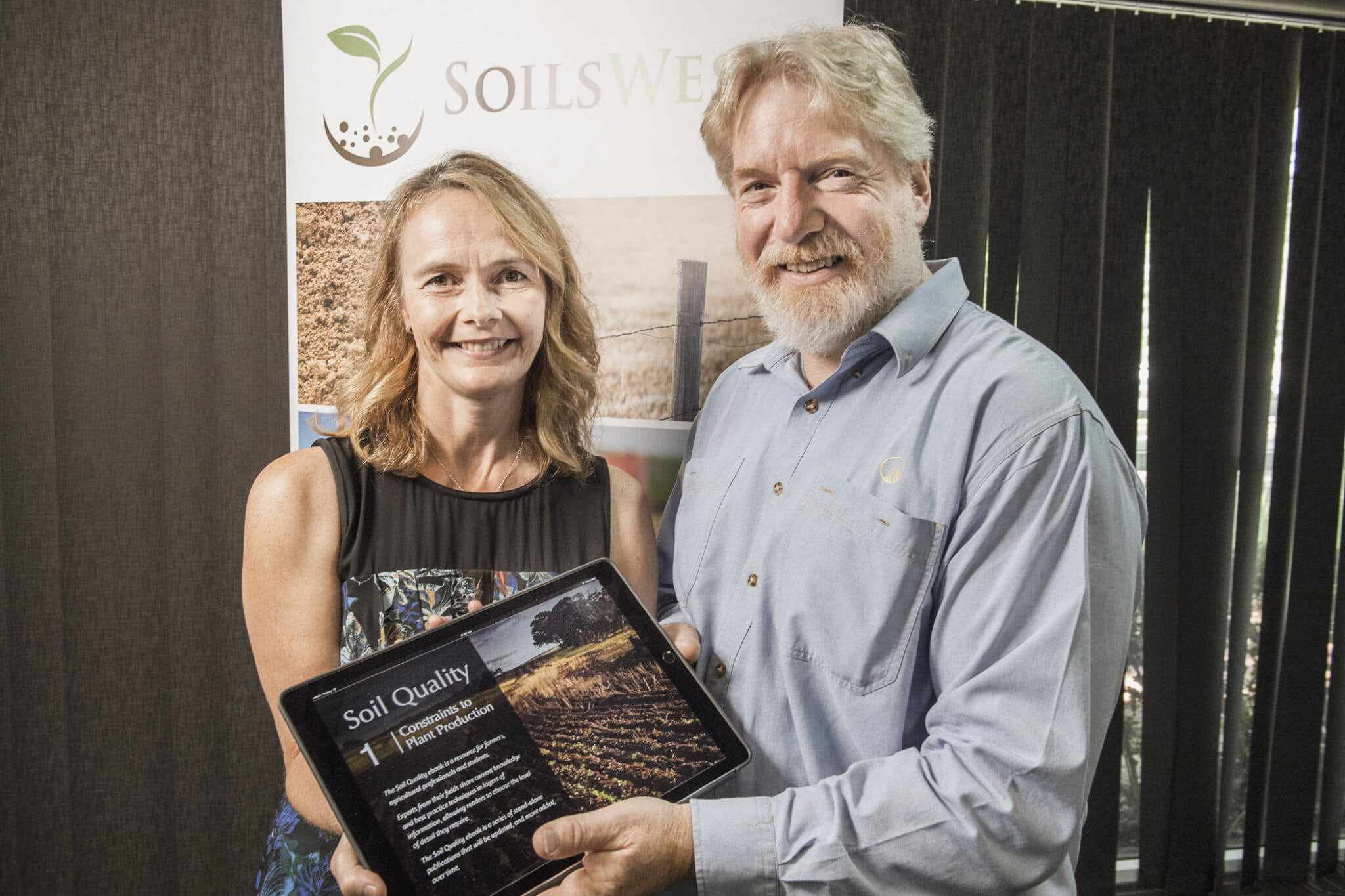
About SoilsWest
SoilsWest was established in 2016 to bring together and inform researchers, industry and students, creating stronger partnerships to deliver high quality soil research to farmers and funding partners in one collaborative portal.
The alliance is an independent entity focused on providing a pathway for the discovery and development of soil research to improve both profitability and soil resource management across the Western Australian grains industry and beyond.
Centred from 2021 at Murdoch University, this partnership founded initially between the University of Western Australia and the Department of Primary Industries and Regional Development (DPIRD) Western Australia, has continued to grow and deliver opportunities to its member base of highly skilled, independent soil science professionals with complementary scientific and research capabilities, research and industry networks, and infrastructure and technology – now with members at DPIRD, Murdoch, UWA, Curtin University, Edith Cowan University and CSIRO.
The partnership works to develop and deliver strategic research projects supporting the WA grains industry in particular, but also contributes nationally to the Australian agricultural and natural resource industries through innovative soil research and policy development. SoilsWest invites wider input and partnerships from other local, state and Commonwealth government institutions, industry and grower groups, agribusiness, Universities as well as specific interest groups.
The SoilsWest alliance provides a ‘marketplace’ and network of discipline focused connections to improve integration between the soil science communities, optimise existing collaborations, provide prospective funding opportunities, provide training and education opportunities, and provide parallel soils information and technologies to ensure the continued development of economic farming systems and food chain security.
How to cite
Please use the following citation if you need to cite the Soil Quality Knowledge Base:
SoilsWest (2024). Soil Quality Knowledge Base. https://www.soilqualityknowledgebase.org.au
Browse all soil resources
Explore our collection of journal articles, ebooks, fact sheets, graphics, website links and more.
A ‘systems’ approach to managing sodic and alkaline soil
A combination of crop choice, water harvesting, gypsum application, maximising soil cover and no livestock, and then maintaining the...
Processes of soil nutrient supply to plant roots
Professor Richard Bell explains how plant roots take up nutrients from the soil by diffusion, mass flow, and interception.
Nitrous oxide greenhouse gas emissions from dryland cropping soil
Quantifying the extent and timing of nitrous oxide emissions.






